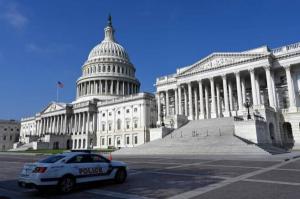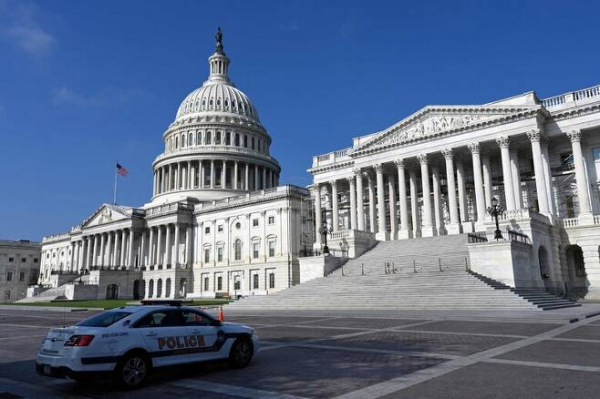

Large Korean companies such as Samsung Electronics, SK hynix and Hyundai Motors spent a record amount of money on lobbying in the United States in the first half of this year, according to OpenSecrets, a nonprofit political fund tracking organization. This is due to the fact that not only U.S. companies wishing to protect their home market (the U.S. market) but global companies based in Korea, Japan and Taiwan, among others, are entering the lobbying race as the U.S. unveils strong subsidy measures as part of its “America Comes First” strategy.
Samsung (the U.S.-based corporations of Samsung Electronics, Samsung Semiconductor, and Samsung SDI) spent US$1.75 million on lobbying in the second quarter of this year, exceeding US$1.5 million for the second consecutive quarter following the first (US$1.67 million), OpenSecrets said on Aug. 6. In the first half of this year, Samsung’s lobbying expenditures totaled US$3.25 million, a 25.5 percent increase from US$2.59 million spent in the first half of 2022.
Along with Samsung, another Korean semiconductor giant SK hynix, which has SK hynix America and Solidigm in the United States, also increased its lobbying spend in the first half of this year. SK hynix spent US$1.09 million in the second quarter, following US$1.18 million in the first quarter, for a total of US$2.27 million in the first half. This was up slightly from US$2.24 million, the highest-ever for a first half, in the same period last year.
Hyundai Motor Group (the U.S.-based corporations of Hyundai Motor, Hyundai Steel, Kia Corp. and Supernal) also spent a record amount of money lobbying U.S. government officials. They spent US$1.71 million on lobbying in the first half of the year, an 8.9 percent increase from US$1.57 million in the same period of 2022.
This increase in lobbying expenditures by Korean companies is due to “America First” policies implemented by the Joe Biden administration in key industries such as semiconductors and electric vehicles. By favoring U.S. companies through the Semiconductor Act and the IRA, there is growing concern that Korean companies are losing competitiveness. The U.S.-China conflict is also begetting a lot of uncertainties for Korean companies with production facilities in China. While U.S. measures are not directly targeting Korean companies, concerns are growing that they may hurt Korean companies, making it necessary for Korean companies to communicate with the U.S. government.
Under these circumstances in the United States, global multinationals are also making quick moves there. Taiwan’s TSMC, the world’s top foundry player, spent US$1.59 million on lobbying in the first half of this year, the largest amount ever, while Japan’s Sony spent US$1.51 million, the most for it in 11 years since 2012 (US$1.7 million).






